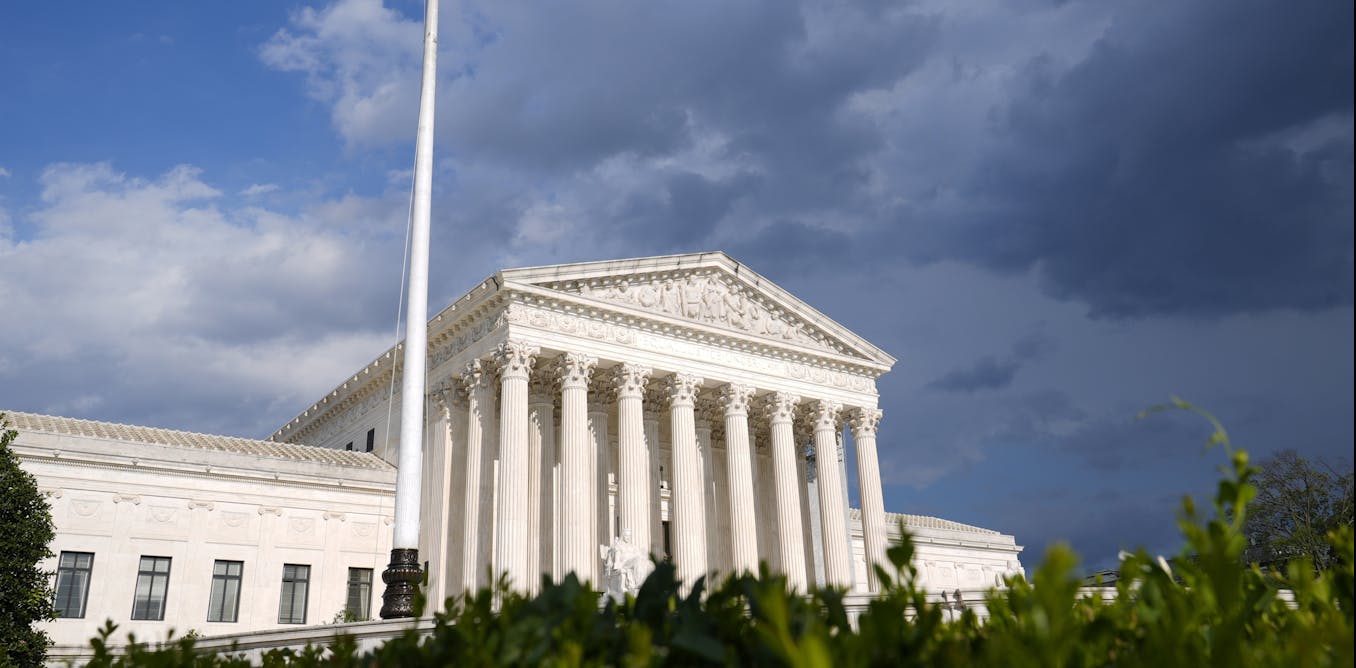
"A case scheduled for U.S. Supreme Court oral arguments on Nov. 10, 2025, however, is very different from most other high-profile cases at the moment. Landor v. Louisiana Department of Corrections involves whether an inmate of a minority religious group, the Rastafarians, can sue for monetary damages after the warden violated his religious rights - specifically, the right to not cut his hair."
"Landor was incarcerated in 2020 after being convicted for possessing methamphetamine, cocaine, amphetamine and marijuana. At first, officials respected his religious practice. Just three years before, in a case about another inmate in Louisiana, a federal appeals court had affirmed that Rastafarians must be allowed to keep their dreadlocks under the federal Religious Land Use and Institutionalized Persons Act. Toward the end of his sentence, Landor was transferred to a different correctional facility."
Landor v. Louisiana Department of Corrections raises whether an incarcerated Rastafarian may recover monetary damages after prison officials violated his religious practice of keeping dreadlocks. Damon Landor wore long dreadlocks for nearly 20 years as part of the Nazarite vow, and was incarcerated in 2020 on drug convictions. Officials initially respected his hair, and a federal appeals court had previously upheld Rastafarian hair rights under RLUIPA. Toward the end of his sentence a warden ignored a judicial order, shackled Landor and forcibly shaved his head. The case presents complex questions about religious liberty, minority faith protections, and institutional authority in prisons.
Read at The Conversation
Unable to calculate read time
Collection
[
|
...
]